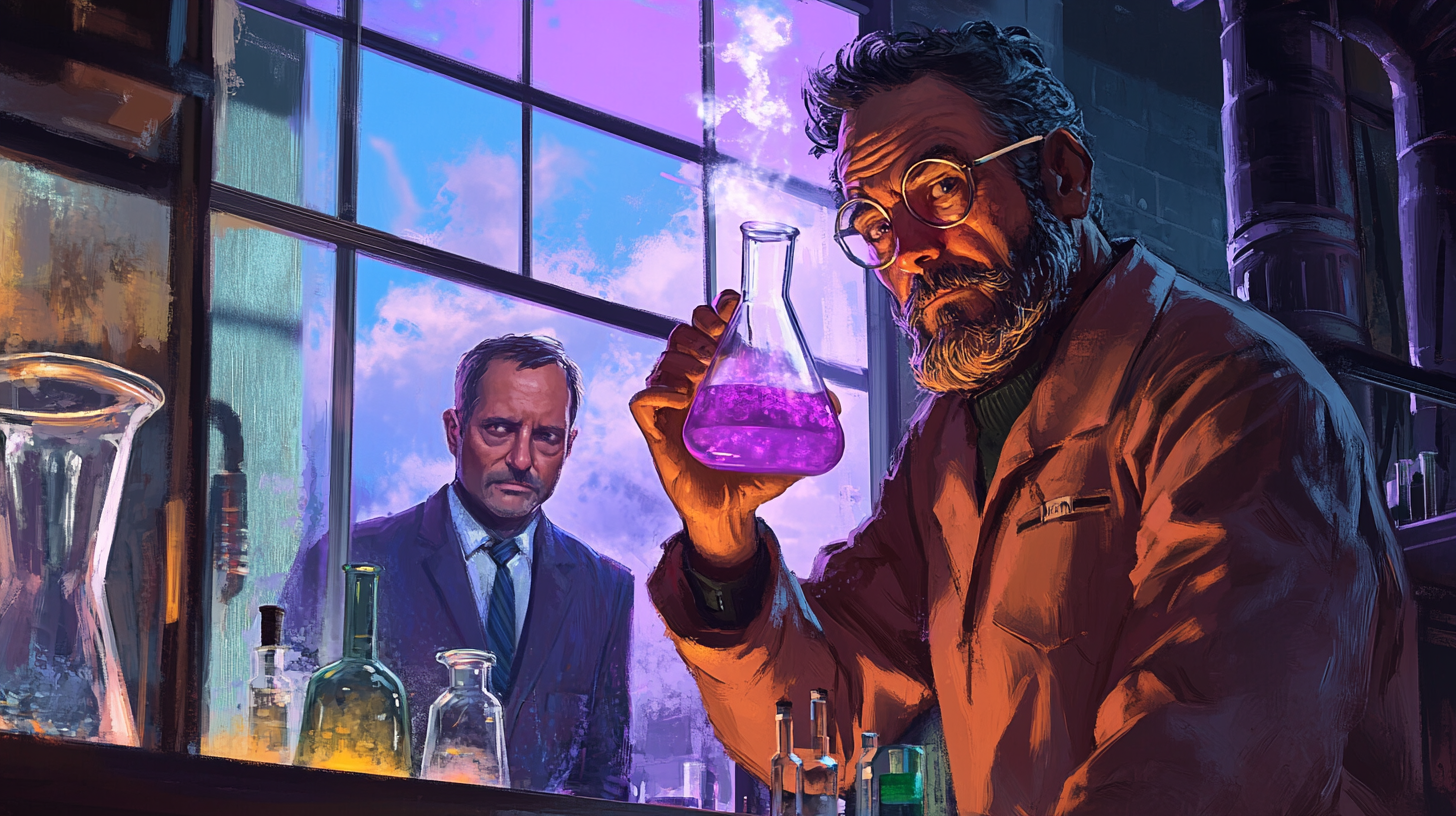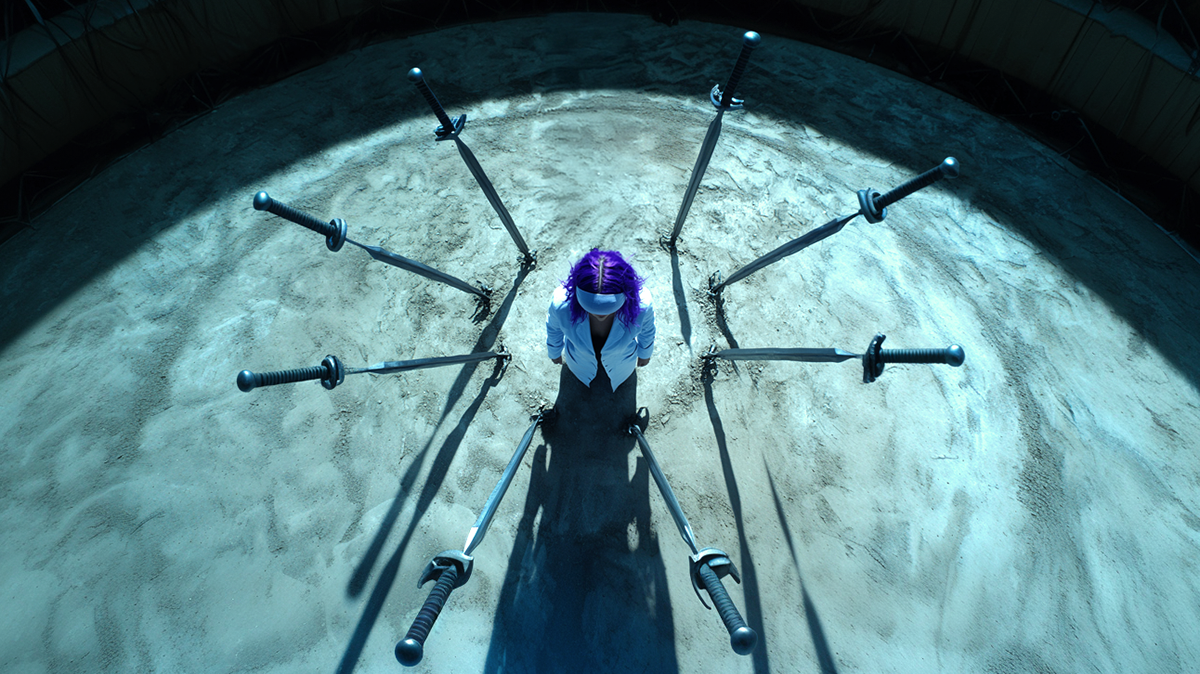Science Doesn't Need Queer Theory
Scientists need to remember their roots are in observation, not conclusion

I read an article recently that congealed many disparate thoughts I had over the past year into a coherent foundation for future work. That doesn't happen every day, and I've now spent four weeks assembling the pieces.
The source is a scientific journal article about genomics, titled "Queering genomics: How cisnormativity undermines genomic science." I won't explain all points from the article, but quote the sentences that made me pause and consider:
Prevailing orthodoxy holds that sex is purely grounded in biologically intractable characteristics, whereas gender is a derivative cultural construct…
This “pre-queer” view elides the complexity of the psychosocial and biological relationships between sex and gender…
The article notes science has never observed a strict binary in individual expression of sex characteristics, and it took Queer Theory to realize that. But historically - before the recent attempt to equate genetics to identity - humans have not perceived a binary.
Instead, humanity has always recognized homosexual and genderfluid people, and many cultures held them up as prophets and healers. It was not until we started looking to science for an explanation of why we are the way we are that we stopped caring about who we are.
The article proposes a valuable revision to the behavior of contemporary scientists, but ultimately misidentifies the role Queer Theory should play in it. From its beginning, Queer Theory existed not as new thought, but as a response to the way contemporary science has been presented.
What does science really teach?
The practice and philosophy alluded to in the article are certainly prevalent today. But they are assuredly not science.
What is science?
Science - most of all - is not a product. Science is not a collection of facts. Science has no right nor wrong. Science has no beginning nor end.
Instead, science is a process. Science is the practice of observation in order to organize our Universe into a collection of facts, the value of which is only to inform further observations.
Science can never be static because no field of scientific inquiry can be exhausted of knowledge and wrapped up in theory with a bow.
The process of science is cyclic, not linear. Using observation to learn opens our eyes to new areas to explore and new depths to understand.
As a practice of exploration, science fails under only one condition: when observations are dismissed or denied. At its base, science is observation: it is choosing not to know what we already expect, but giving ourselves over to experience what happens.
As such, science cannot become "prevailing orthodoxy" that "elides complexity" of the natural world. A scientist cannot ignore observations that fail to fit the theory. A scientist can only ask why theory doesn't yet allow for the observations to exist.
In the realm of science, orthodoxy is impossible.
Forging an orthodoxy
I wrote previously about how medicine pathologizes the human experience. The Queer Theory article demonstrates medicine is only able to do so because science is perceived today as infallible and complete.
That is, the human experience becomes a pathology only when science calcifies into dogma.
Possibly the most fascinating aspect of the idea of science's "prevailing orthodoxy" is that science is cagey - we scientists have difficulty claiming any theory is objective truth. The hard sciences are filled with examples of how "hard science" is a misnomer.
Biologists know very well genetics is unpredictable and inexact. Chemists know very well reactions proceed based on thermodynamic equilibrium. Physicists know very well that matter exists probabilistically.
And all science does - all it can do - is observe.
An intersex human is improbable, yet we observe thousands born daily.
An incomplete reaction is thermodynamically unfavorable, yet we observe starting material in the reaction vessel.
An unbound electron is physically improbable, yet we utilize tunneling currents for microscopy.
Scientists know very well these events shouldn't happen. Yet they do, so we adjust our theory.
The unscientific result
What happens when observations are dismissed, facts are accepted unchallenged, and the process of science devolves into worship of dogma?
To return the idea scientific facts are social constructs, most people aren't scientists. Most people couldn't describe the Scientific Method. Most people would prefer to believe the result that fits their worldview than be a scientist and ask if their observations accurately inform their worldview.
That is, the problem isn't scientists or science. It's a majority of people turning their favorite science - that which satisfies their worldview - into dogma.
In the field of biology, humans are dogmatized to uniform bags of chemicals and predictable subjects for personality tests. As a result, medicine pathologizes the human experience that lies outside.
In the field of government, laws are dogmatized to polarized, pork-barrel rhetoric until no benefit to a country can be realized. As a result, citizens become only a contingency plan for re-election.
In the field of sociology, scriptural translations are dogmatized into interpretations that damn some and save the Chosen Few. And in a sick twist of irony that would challenge even George Orwell, religious dogma is then used to justify the dogmas of biology.
The problem we face is not science. The problem we face is not the ineptitude of scientists - although that may occur.
The problem is believing the facts we have collected to date is all there is to know. The problem is allowing dogma to define the human experience, then calling it science to cover for the personal prejudices of those spouting the dogma.
Dogma is the culprit. Not science.
The guide humanity needs
Science is a tool, not a weapon. Science can improve the world - even save the world - assuming we use it to understand, not to limit understanding.
The true power of science resides not in answers ready-to-hand, but in asking questions that have never been asked. When we stop asking questions, when we choose to ignore data, when we allow personal preference to guide conclusions, we no longer engage in science.
But the practice of science will never rest. Only the human mind can. Only the human mind can close itself to the possibility of more data. Only the human mind can negate that observations have been observed.
Science may uncover observations that contradict our prevailing theories, but a human mind is necessary to unobserve what has already been seen. At that point, science cannot save humanity. Only humans can save themselves by giving up dogma and allowing science to guide them.
We can never answer every question posed about the Universe. We can only ask the questions, open our minds, and listen for the answer the Universe alone is qualified to give.




